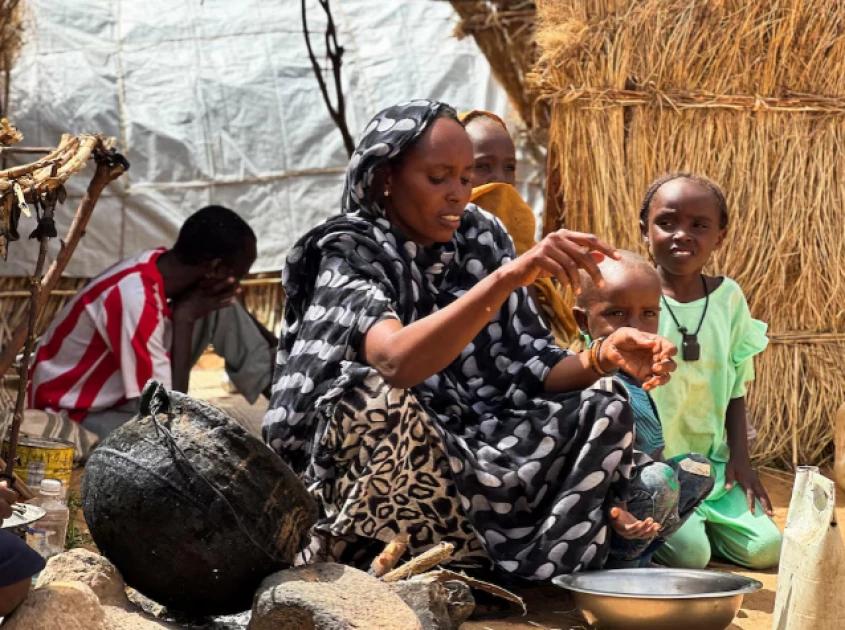Al-Fashir, the capital of North Darfur, has become the epicenter of a worsening humanitarian disaster as Sudan’s civil war grinds through its third year. Under siege by the paramilitary Rapid Support Forces (RSF), the city is facing constant shelling, severe food shortages, and the growing threat of disease, leaving hundreds of thousands trapped in a deadly crisis.
The RSF, originally formed from the notorious Janjaweed militias, has launched a relentless assault on al-Fashir, aiming to seize the last army stronghold in the western Darfur region. If successful, the group would control nearly all of Darfur, edging Sudan closer to de facto partition.
Civilians are paying the highest price. “The RSF’s artillery and drones are shelling al-Fashir morning and night,” one resident told Reuters. With bakeries shut, electricity out, and medical supplies depleted, death tolls are rising and cemeteries are expanding rapidly.
Even fleeing the violence offers no safety. Displaced residents attempting to reach Tawila, 60 km west, report RSF ambushes, theft, and abductions. Advocacy group Emergency Lawyers said at least 14 people were killed trying to flee last week.
Tawila, now overwhelmed by over half a million displaced people, is offering minimal aid. Many report surviving on just one small meal a day, often sorghum or rice, with some resorting to eating hay or animal feed due to the RSF’s blockade on aid convoys. Conditions have deteriorated further with the onset of the rainy season.
A cholera outbreak has compounded the crisis. Since mid-June, Médecins Sans Frontières has treated 2,500 cases, with 52 deaths confirmed. The Norwegian Refugee Council says only 10% of Tawila’s population has access to safe water, and latrines are scarce.
Calls by the United Nations for a humanitarian pause have been rejected by the RSF, as the violence continues to spread across nearby regions, including Kordofan.
As global attention drifts elsewhere, al-Fashir and its residents face a stark reality besieged by war, starving from isolation, and dying from preventable disease in a forgotten corner of Sudan’s conflict.

